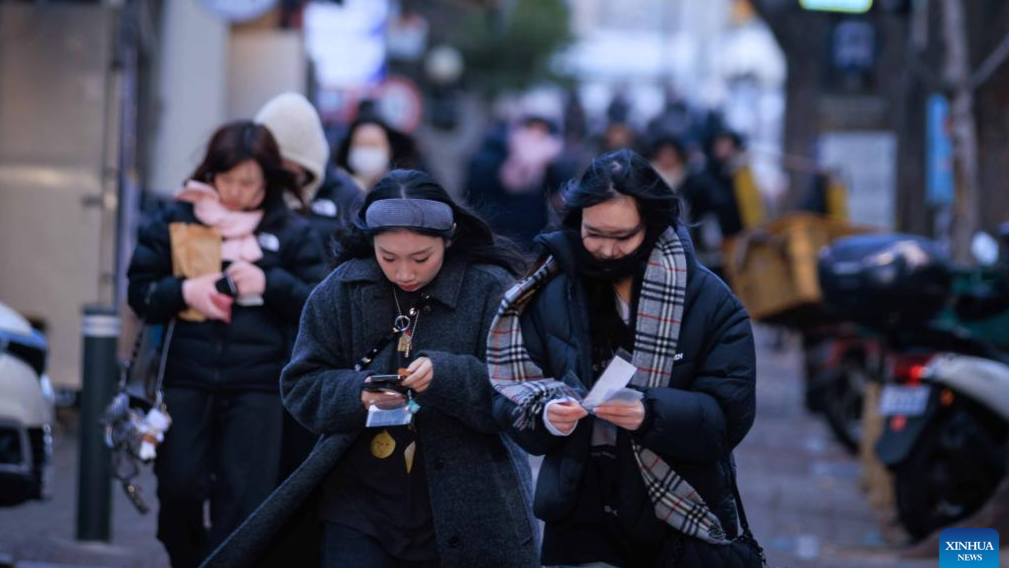
SEOUL – The majority of employed Koreans still view the workplace as a “men’s world,” where success often depends on fitting into male-centered hierarchies, despite increased female representation in executive positions.
A nationwide survey released Sunday by labor rights group Workplace Gapjil 119 found that nearly 7 in 10 (69.8 percent) of employees believe women continue to face major barriers to becoming corporate executives.
The poll, conducted by Global Research, also showed a significant perception gap between male and female workers, with 80.3 percent of female respondents saying female advancement remains difficult, compared with 60.3 percent of male respondents.
When asked what most holds women back, the largest share of respondents cited male-dominated corporate culture and promotion practices favoring men (36.5 percent). Other major factors included career breaks due to pregnancy, childbirth and child care (31.2 percent), and bias against women’s competence and leadership (22.2 percent).
Gapjil 119’s Gender Discrimination Workplace Culture Index, which measures perceived sexism in offices on a 100-point scale, recorded 67.4 points this year, up slightly from 66 in 2024 but still a D grade. Lower scores indicate stronger discrimination. Among categories, gender balance in leadership positions received the lowest marks (56.4 points), followed by maternity rights (58.6) and equal working conditions (59.3).
“The fact that institutional areas like promotion and hiring score lower than cultural factors such as language or social interaction shows that gender discrimination has become part of the system,” said Yeo Su-jin, a labor attorney with Gapjil 119. She said stronger government action is needed to dismantle structural bias that has long been normalized in corporate practices.
ALSO READ: Samsung Electronics' preliminary operating profit soars 31.8% in Q3
The survey also shed light on how workplace culture extends beyond office hours. About 1 in 7 workers (14.4 percent) said they had either witnessed or participated in business entertainment involving adult venues, a figure that rose to nearly 1 in 3 among senior managers (29.3 percent). Such venues, which often function as male-dominated spaces centered on alcohol and host interactions, have long been used for informal networking and client meetings.
Most respondents viewed these practices negatively, with 76.6 percent saying they represent a sexist and wasteful corporate custom. Women were more critical than men (81.6 percent compared to 72.1 percent).
Despite gradual progress in representation, the overall share of female decision-makers remains low. According to corporate tracker Leaders Index, women accounted for 8.1 percent of executives at major South Korean companies in the first half of 2025, more than double the figure in 2019. Yet most serve as outside directors or executives without board authority.
Across the workforce, women make up 16.3 percent of managers, ranking No. 35 among 36 OECD member countries, followed only by Japan. The proportion is less than half the OECD average of 33.7 percent.


